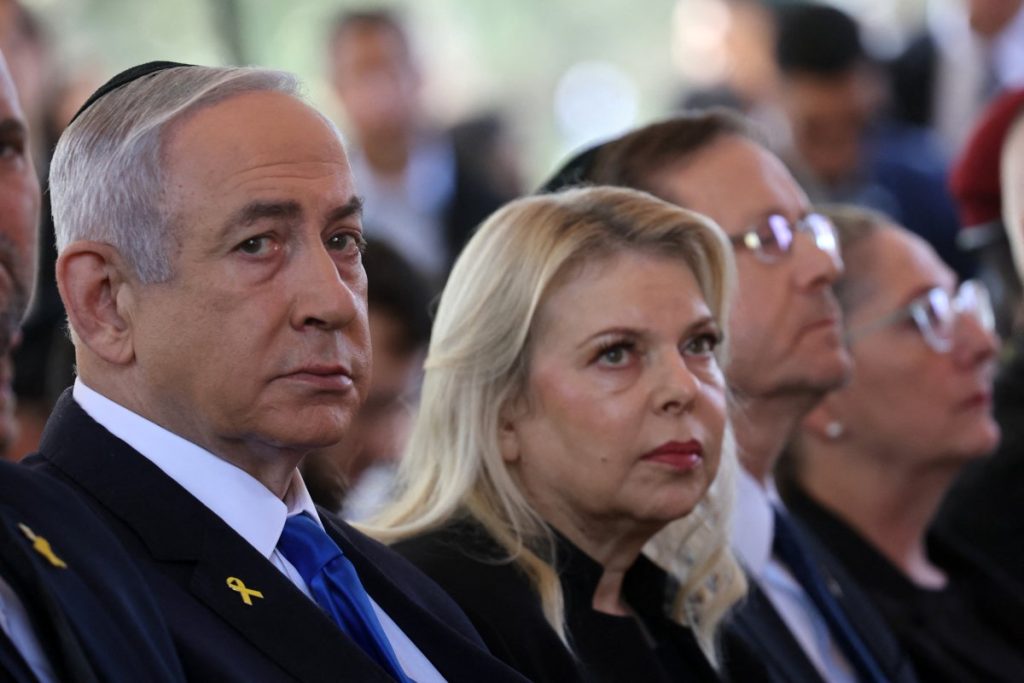The Allegations Against Sara Netanyahu
The investigative program “Uvda” on Channel 12 sparked the controversy. It revealed WhatsApp messages suggesting Sara Netanyahu’s involvement in witness intimidation. The messages indicate she directed a former aide to organize protests against political opponents. They also suggest she pressured Hadas Klein, a key witness in Prime Minister Netanyahu’s trial.
These revelations have captured public attention. They highlight the blurred lines between personal and political issues in the Netanyahu family. The investigation is particularly sensitive given the Prime Minister’s ongoing legal troubles.
The Investigation
Attorney General Baharav-Miara’s directive came late Thursday. Law enforcement will focus on the accusations against Sara Netanyahu. Lahav 433, Israel’s elite serious crimes unit, will conduct the investigation. They may seek access to communications between Mrs. Netanyahu and her former aide.
The probe could uncover more details about the alleged misconduct. It might also reveal its implications for those involved. The outcome could affect both Sara and Benjamin Netanyahu’s futures.
Political Reactions for Netanyahu
The investigation has divided political opinion. Netanyahu’s supporters denounce it as political persecution. National Security Minister Itamar Ben-Gvir has called for the Attorney General’s dismissal, citing alleged bias. On the other hand, opposition leaders welcome the probe. They see it as a necessary step towards accountability and justice.
Prime Minister Netanyahu has publicly defended his wife. He labeled the “Uvda” report as “false propaganda”. He expressed outrage at what he sees as a politically motivated attack by leftist opponents and media outlets.
Implications and Significance
This investigation carries profound implications. If evidence supports the claims against Sara Netanyahu, legal consequences could follow. These might affect not only her but also Prime Minister Netanyahu as he battles his own legal challenges.
Critics argue that such actions could further erode public trust in government institutions. Many already perceive these institutions as compromised by political affiliations.
The probe serves as a reminder of the complex relationship between personal conduct and public service in Israeli politics. Its outcome may influence public perception of governmental integrity. This comes at a time when corruption trials have already captured national attention.
As the situation unfolds, Israelis watch closely. The potential ramifications for both Sara and Benjamin Netanyahu loom large over Israel’s political landscape. This critical moment highlights where personal actions intersect with broader issues of governance and accountability.


